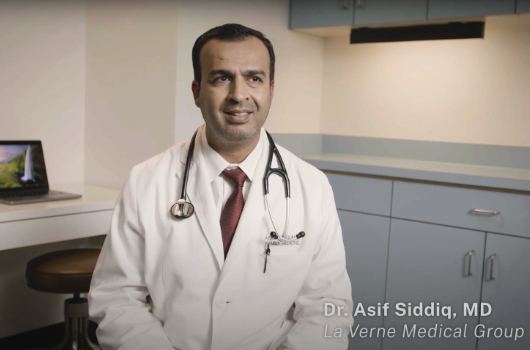Clinical Study
PCR Testing for Respiratory Infection: A Comprehensive Guide

HealthTrackRx • May 15, 2024
Respiratory infections are common and can range from mild illnesses like the common cold to more severe conditions like whooping cough or pneumonia, therefore accurate and timely diagnosis is crucial for effective treatment and management. Polymerase Chain Reaction (PCR) testing has emerged as a powerful tool in respiratory infection testing, offering rapid and accurate results that enable healthcare providers to make informed decisions. In this comprehensive guide, we will delve into the intricacies of PCR testing for respiratory infections, exploring its benefits, procedure, and applications.
Benefits of PCR Testing for Respiratory Infections
PCR testing offers several advantages over traditional diagnostic methods:
Procedure for PCR Testing
Sample Collection
Sample Processing
Applications of PCR Testing
PCR testing is widely used in various clinical settings and scenarios:
Conclusion
PCR testing has revolutionized respiratory infection testing, offering rapid, accurate, and comprehensive diagnostic capabilities that empower healthcare providers to deliver timely and effective care. From its high sensitivity and specificity to its multiplexing capability and quantitative analysis, PCR testing provides invaluable insights into the causative agents of respiratory infections, enabling targeted treatment and better patient outcomes.
PCR’s benefits far outweigh other forms of diagnostic testing for a lot of clinics, making it an indispensable tool in the fight against respiratory infections. As technology continues to advance and testing methodologies evolve, PCR testing is expected to play an increasingly significant role in respiratory infection diagnosis and management, shaping the future of respiratory healthcare.
Related Articles and White papers

HealthTrackRx • May 15, 2024
Respiratory infections are common and can range from mild illnesses like the common cold to more severe conditions like whooping cough or pneumonia, therefore accurate and timely diagnosis is crucial for effective treatment and management. Polymerase Chain Reaction (PCR) testing has emerged as a powerful tool in respiratory infection testing, offering rapid and accurate results that enable healthcare providers to make informed decisions. In this comprehensive guide, we will delve into the intricacies of PCR testing for respiratory infections, exploring its benefits, procedure, and applications.
Benefits of PCR Testing for Respiratory Infections
PCR testing offers several advantages over traditional diagnostic methods:
Procedure for PCR Testing
Sample Collection
Sample Processing
Applications of PCR Testing
PCR testing is widely used in various clinical settings and scenarios:
Conclusion
PCR testing has revolutionized respiratory infection testing, offering rapid, accurate, and comprehensive diagnostic capabilities that empower healthcare providers to deliver timely and effective care. From its high sensitivity and specificity to its multiplexing capability and quantitative analysis, PCR testing provides invaluable insights into the causative agents of respiratory infections, enabling targeted treatment and better patient outcomes.
PCR’s benefits far outweigh other forms of diagnostic testing for a lot of clinics, making it an indispensable tool in the fight against respiratory infections. As technology continues to advance and testing methodologies evolve, PCR testing is expected to play an increasingly significant role in respiratory infection diagnosis and management, shaping the future of respiratory healthcare.
Related Articles and White papers






